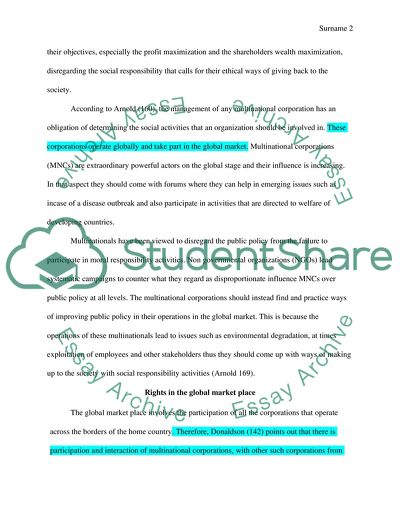Cite this document
(Moral Responsibilities of Multinational Corporations in the Global Coursework, n.d.)
Moral Responsibilities of Multinational Corporations in the Global Coursework. https://studentshare.org/ethics/1856942-how-wide-should-the-moral-responsibilities-of-multinational-corporations-extend-in-the-global-context
Moral Responsibilities of Multinational Corporations in the Global Coursework. https://studentshare.org/ethics/1856942-how-wide-should-the-moral-responsibilities-of-multinational-corporations-extend-in-the-global-context
(Moral Responsibilities of Multinational Corporations in the Global Coursework)
Moral Responsibilities of Multinational Corporations in the Global Coursework. https://studentshare.org/ethics/1856942-how-wide-should-the-moral-responsibilities-of-multinational-corporations-extend-in-the-global-context.
Moral Responsibilities of Multinational Corporations in the Global Coursework. https://studentshare.org/ethics/1856942-how-wide-should-the-moral-responsibilities-of-multinational-corporations-extend-in-the-global-context.
“Moral Responsibilities of Multinational Corporations in the Global Coursework”. https://studentshare.org/ethics/1856942-how-wide-should-the-moral-responsibilities-of-multinational-corporations-extend-in-the-global-context.


